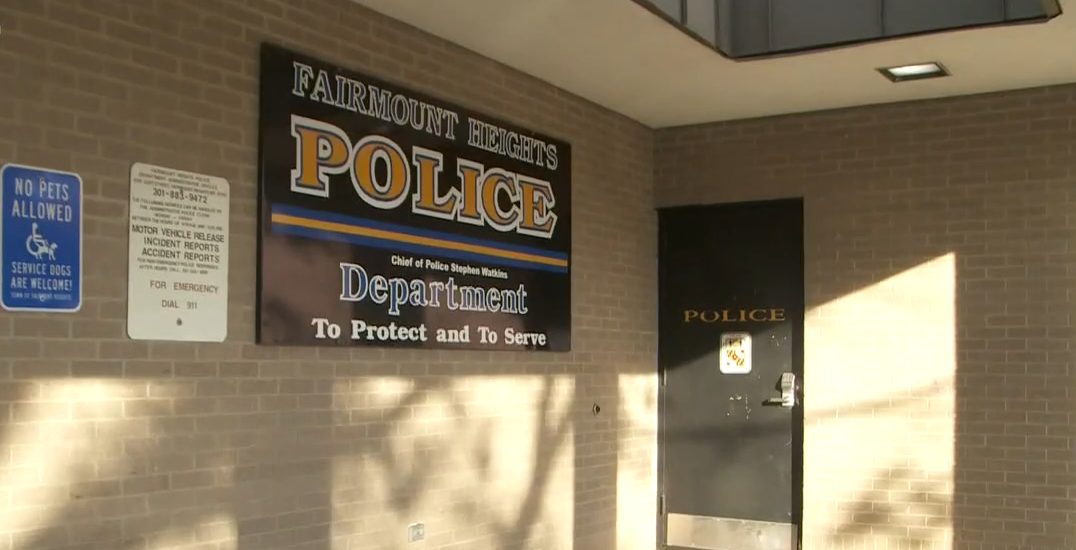Photo: Twitter
Addis Ababa was its usual bustling self a year ago. Events were taking place day and night in the Ethiopian capital; bars and restaurants were filled with visitors from other African countries where stricter anti-Covid measures had been put in place. Now all that has changed.
A year to the week since the prime minister, Abiy Ahmed, ordered military operations to commence in the northern region of Tigray, a slow deterioration in security and living standards has worsened.
Events have moved quickly. Over the weekend, Tigrayan forces seized two towns on the main road heading south to the capital. Abiy, unnerved by the development, urged citizens to take up arms. On Tuesday, he declared a nationwide state of emergency, granting him sweeping powers of detention, and authorities in Addis Ababa told residents to register their arms and prepare to defend their neighbourhoods.
By Thursday, security agents were going door to door in Tigrayan-majority areas and detaining people, and the city’s mayor, Adanech Abebe, said she was dispatching thousands of young people to the frontlines.
Already worn down by a sharp rise in living costs and long queues for fuel, most residents the Guardian spoke to in Addis Ababa blamed Abiy for the worsening crisis.
Read more.







